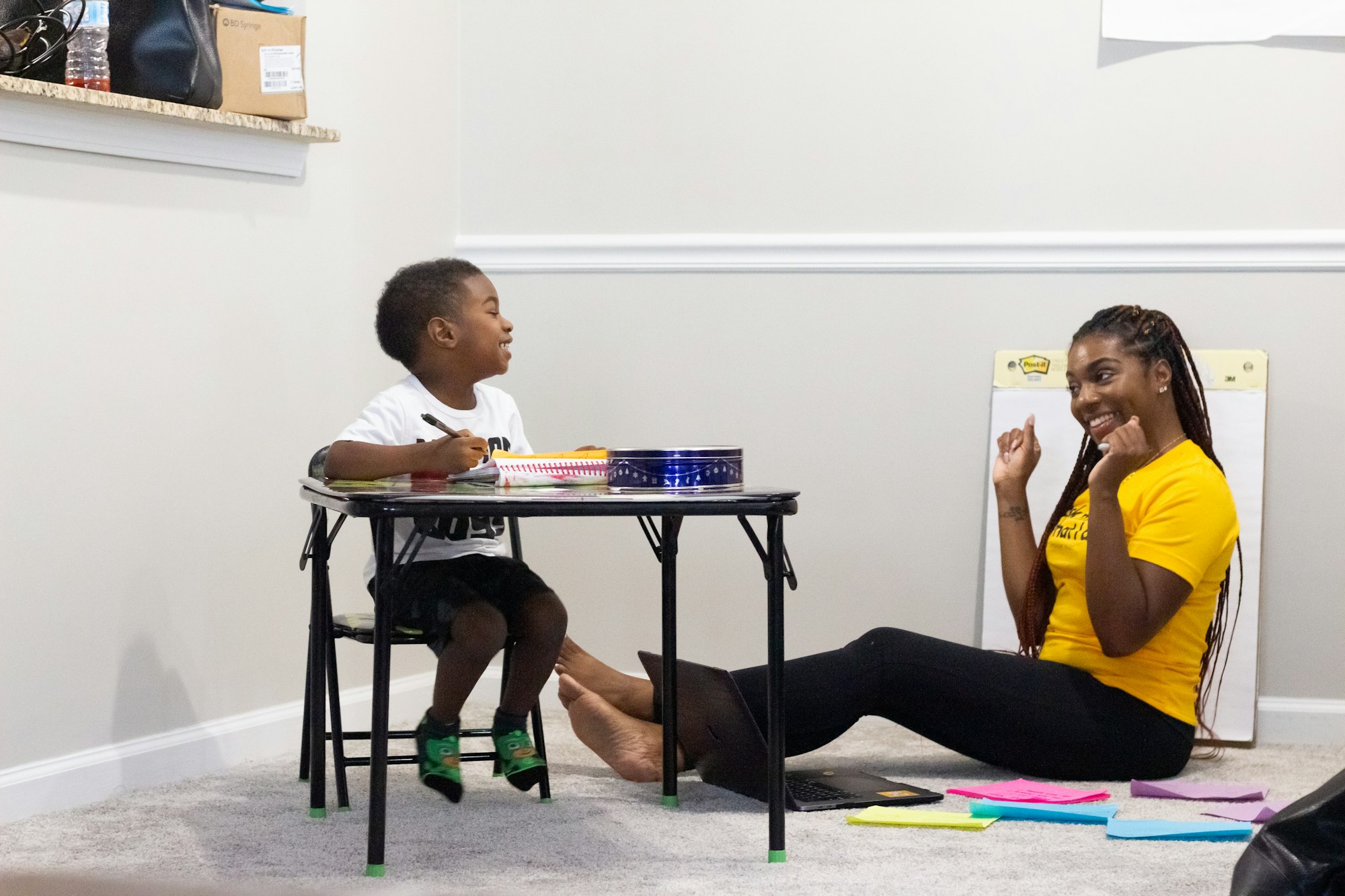Parenthood is one of the most challenging yet rewarding chapters of a person’s life. As a young parent, you are in charge of raising your child to be good, honest, and capable. While much of your parenting knowledge is either instinctive or was taught to you by your parents, you are still likely to encounter questions to which you may not have the answers. That includes tackling gender and sexuality with children, which society never had the chance to do so openly until recently.

Young parents of today are given a golden opportunity to shape a generation that normalizes differences and validates everyone’s existence no matter how it is expressed. In order to seize that opportunity, they must first understand what gender and sexuality are.
First, Let’s Define Some Terms
They may seem similar but gender and sexuality are two different things. Gender is defined as a social construct used to categorize a person as a man, woman, or some other identity. It may or may not align with the biological sex that the person is assigned at birth. Gender is expressed by how a person behaves as feminine or masculine according to the standards of society.

On the other hand, sexuality includes a person’s biological sex, sexual orientation, gender identity, and more. Understanding sexuality requires an understanding of one’s body, values, emotions, relationships, and many other components that are dynamic and unique to a person. More importantly, sexuality is self-defined; i.e. it is not and should not be imposed by others.
How Children Identify Their Gender and Sexuality
Most children start to recognize gender groups at ages 18 to 24 months. They learn to classify a girl or a woman as feminine while a boy or a man as masculine. These children eventually identify themselves with their gender by the time they turn 3 years old.

As they grow older and encounter internal and external influences, children begin to learn the subtle and obvious gender stereotypes in the family and in their community. Depending on the validation or rejection they get from behaving in a certain way, children now begin to identify more strongly with what they are told to be or what they prefer.
Your Role as a Parent
In ideal situations, a child who does not conform to gender stereotypes is given the liberty to define sexuality as it makes sense to him or her. But the reality of the present time still makes those ideal situations difficult to come by. As young parents, you play a significant role in changing this reality simply by becoming the support system your child needs.
Be Involved in Your Child’s Value Formation
Children first form their values at home through the influence of their parents and immediate family. They learn to be honest when their parents encourage them to share what they feel without judgment. They learn to be respectful when their parents emphasize all people are deserving of proper treatment and love.

More importantly, children learn to be compassionate when their parents show them how empathy reconciles differences and makes people more connected.
As young parents who have seen the world move past stereotypes, you have the mindset to nurture a home that normalizes difference and inspires respect. You have the mindset to raise children who can be honest about what they feel without fearing rejection and discrimination.
Let Your Child Lead the Way
You may have grown to believe that pink is only for girls and blue is only for boys; or that dolls are only for girls and toy cars are only for boys. But if, for example, your daughter developed a strong liking for everything blue and starts playing with toy cars, the last thing you would want to do is tell her of your suspicions.

When your child is exploring how to best express himself or herself, just let him or her lead the way. Do not ask to confirm what you think. Chances are, your child is also trying to figure it out. It does not matter if you get a confirmation or not because it is your child’s story. Just be there to remind them of your love and support.
Be the Safe Space Your Child Needs
The moment your child steps into the world outside your home, there will always be hurdles that will prevent him or her from expressing who he or she wants to be. While you cannot control this anymore as parents, you can always be the safe space they can come home to.

While your child is young, you can lay the groundwork for this safe space. Celebrate diversity by appreciating people who bravely go beyond gender stereotypes. Show your child that you respect all people regardless of their gender and sexuality. Your support and encouragement may just be what they need to face society with confidence for who they are.
Get Support for Yourself
As young parents, you may be as confused as your child is about this whole gender and sexuality discussion. This is why you should also get support for yourself. You can only guide your child if you know the right way to do so. Find out where you can get support here.
Remember That Coming Out is Not Necessary

As you watch your child grow, you will already have assumptions about his or her preferred gender and sexuality. Hold your assumptions to yourself until you are confronted. When your child decides to come out, celebrate and love him or her as you always have.
But remember that coming out is not necessary and it should not be demanded from anyone. For some, coming out means confidently letting the world know about who they are. But for others, coming out means declaring they are different which is counterproductive for a society that aims to normalize differences.
Nevertheless, young parents like you who are actively looking for ways to create more loving homes for their children inspire PropertyAccess.ph to ensure your family finds the right home too!
